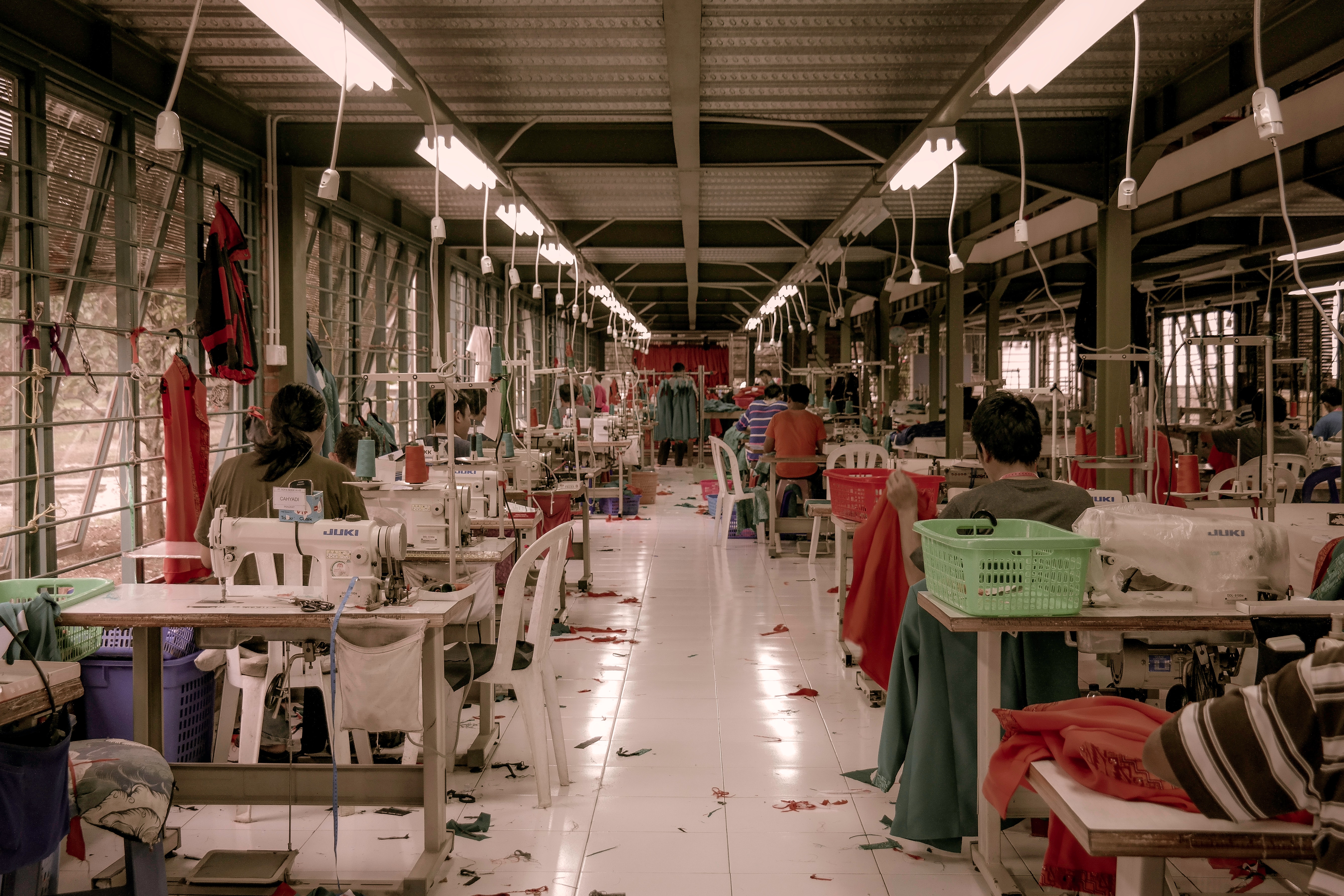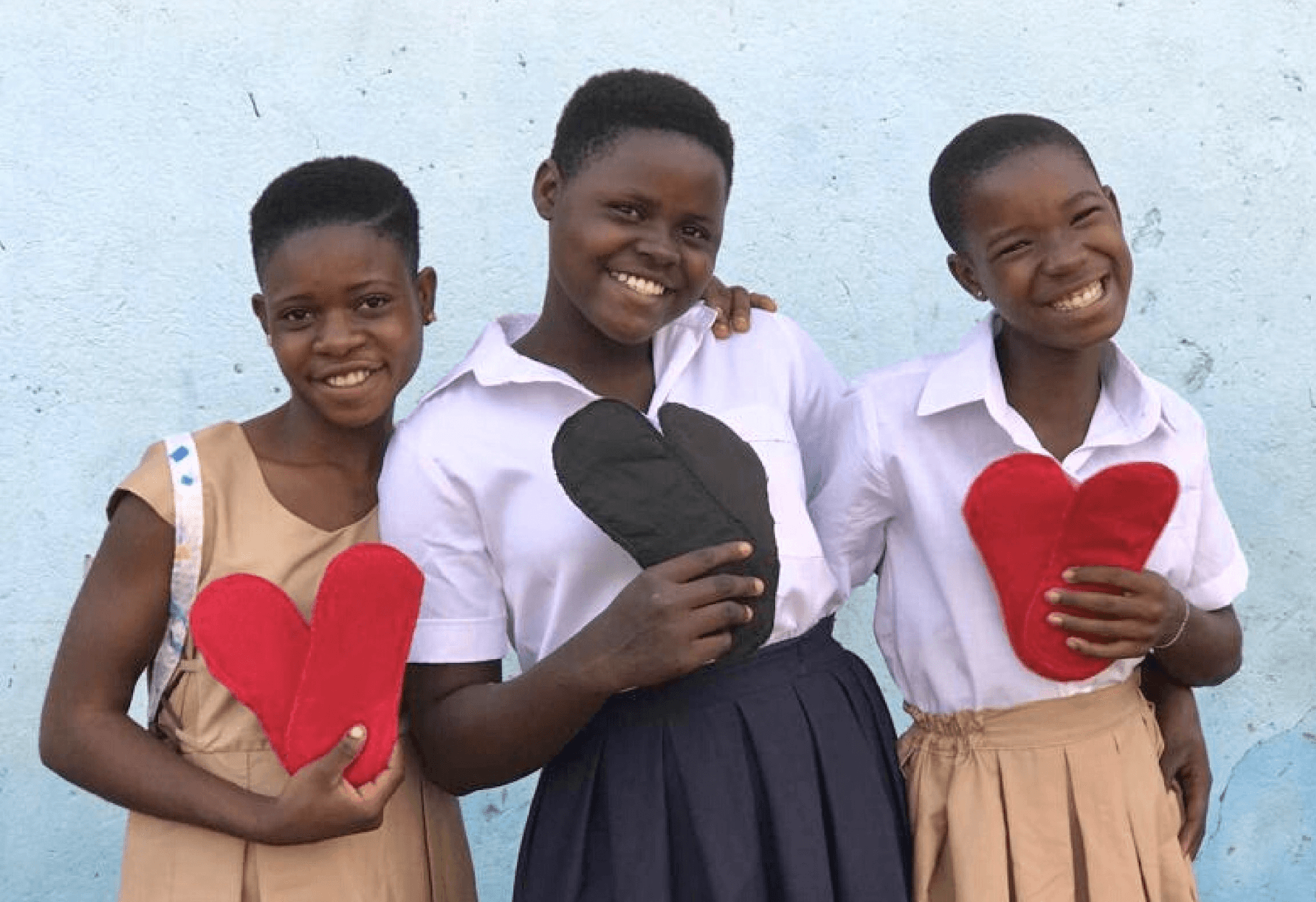How it Works
Every Fabric Credit you purchase represents 1 kilogram of fabric waste diverted from landfill or incineration.
One-time investments require a minimum purchase of 1,000 credits
Available Credits in West Africa
West Africa is the largest importer of used clothes; in 2019, 46% of fabric waste ended up in Africa. Discover below our innovative Impact Partners working across West Africa to solve the global fabric waste crisis.
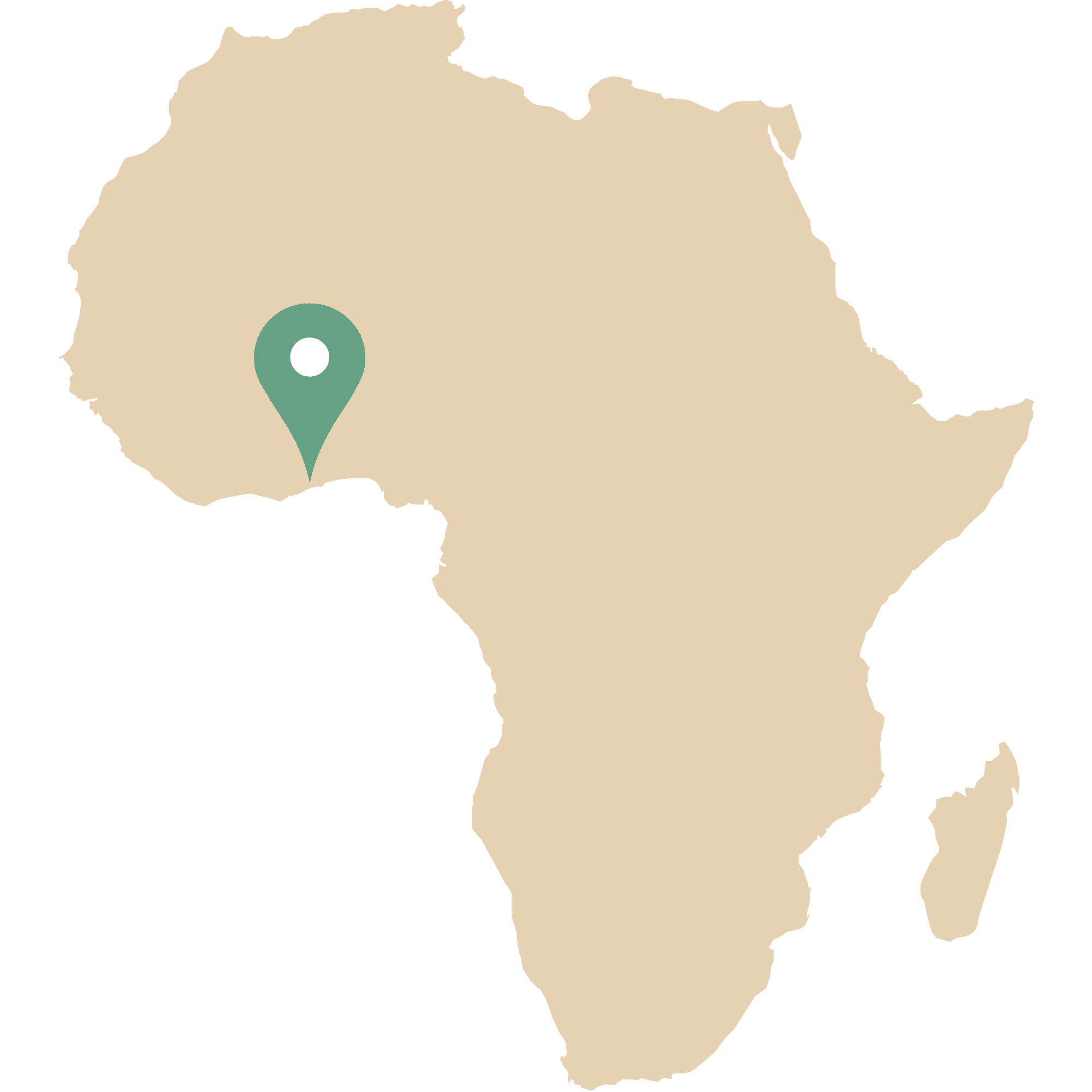
Collection & Sorting Credits
Notse, Togo

Cotton
Project Description
Co-benefits by the ton

3
women employed full-time
Energy savings
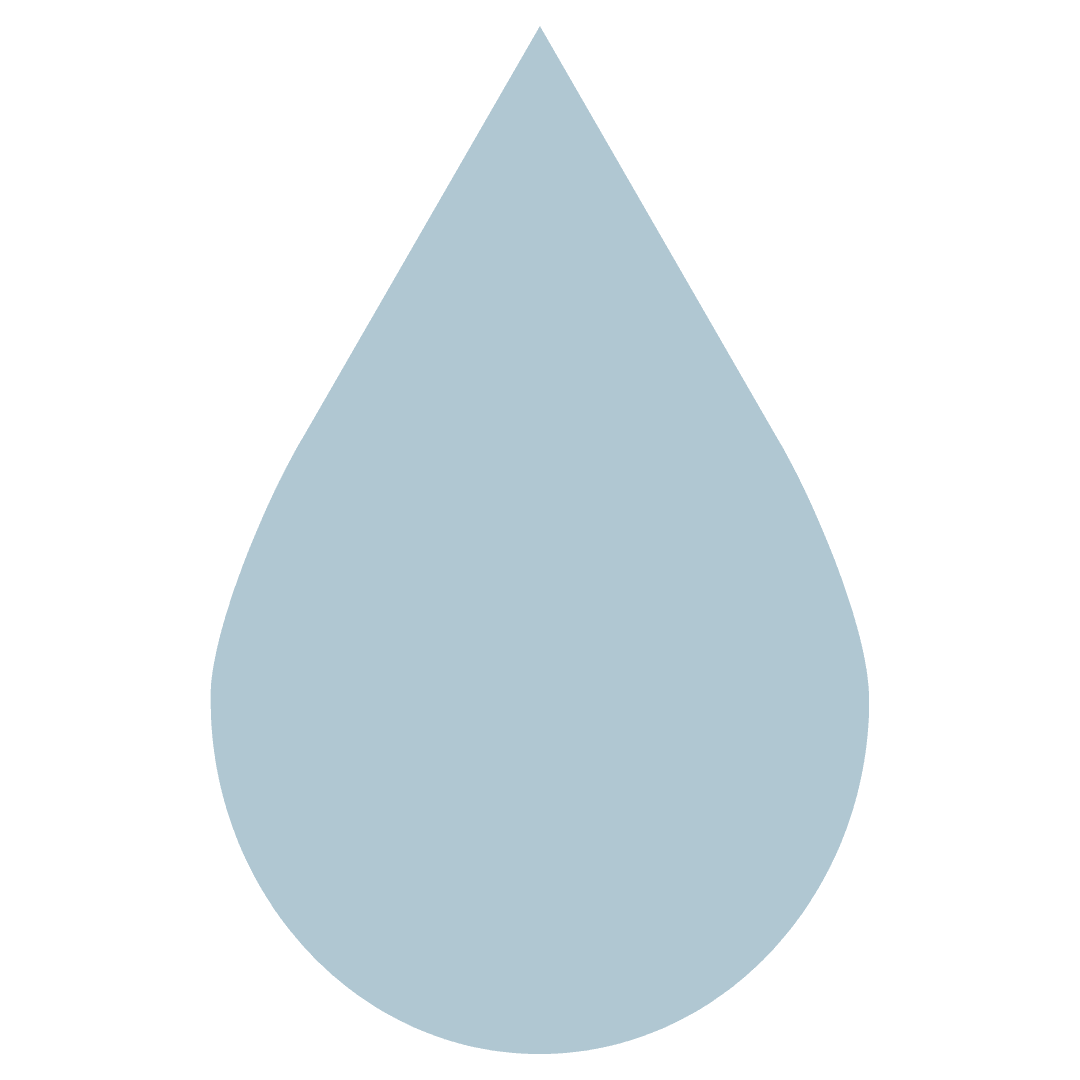
Water savings
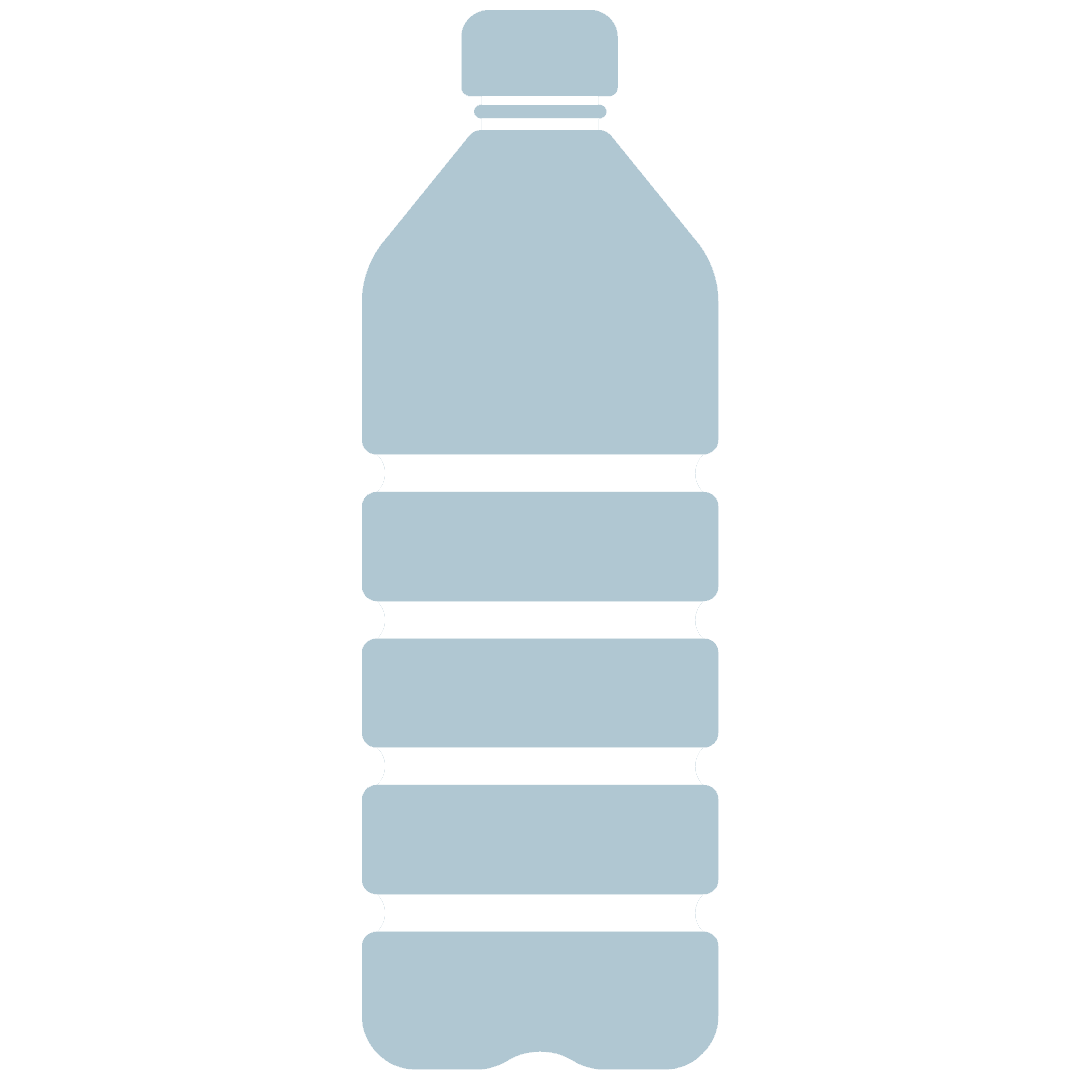
Plastic reduction
*Estimated using benchmarked data
For every 1,000kg of recovered fabric waste:

700-800
kg co2eq reduced*
$0.65
per credit (1 kilogram)
Available Credits in South America
The Atacama Desert in Chile is home to about 60,000 tons (and counting) of discarded clothing. Over 40,000 tons of old clothing are shipped to South America each year, where our network of Impact Partners is working to collect, sort, and recycle this waste. Learn more about each project below.
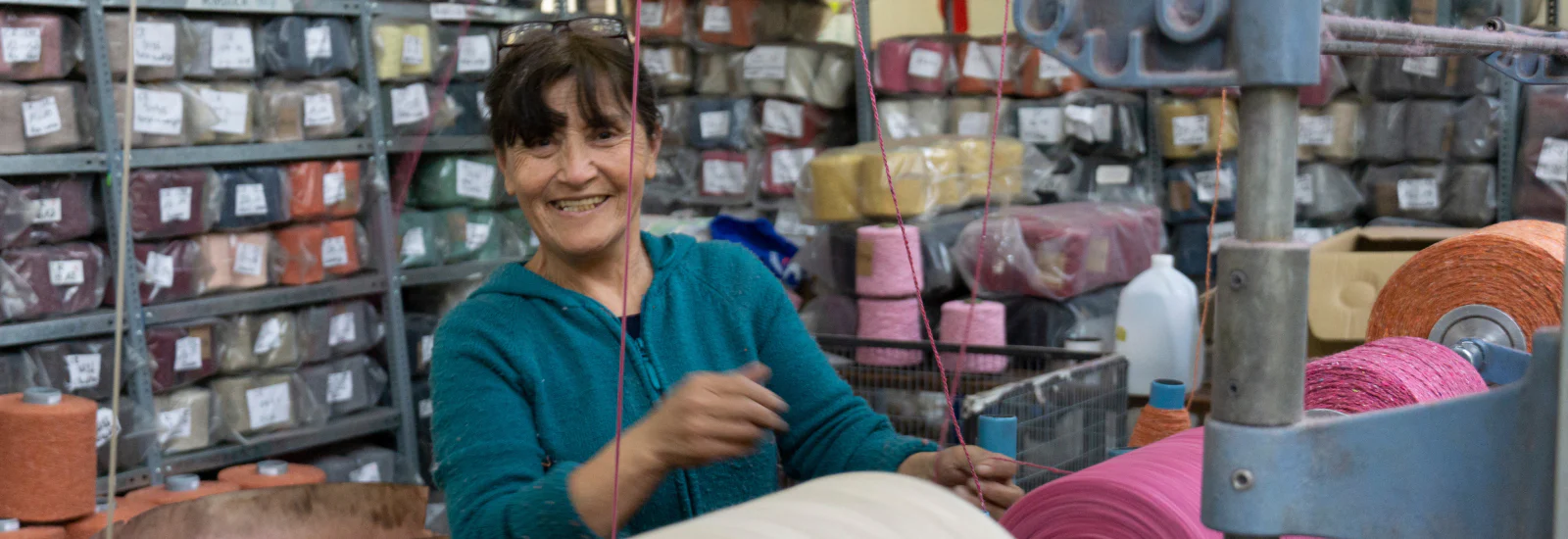
Female-Founded
Community Support
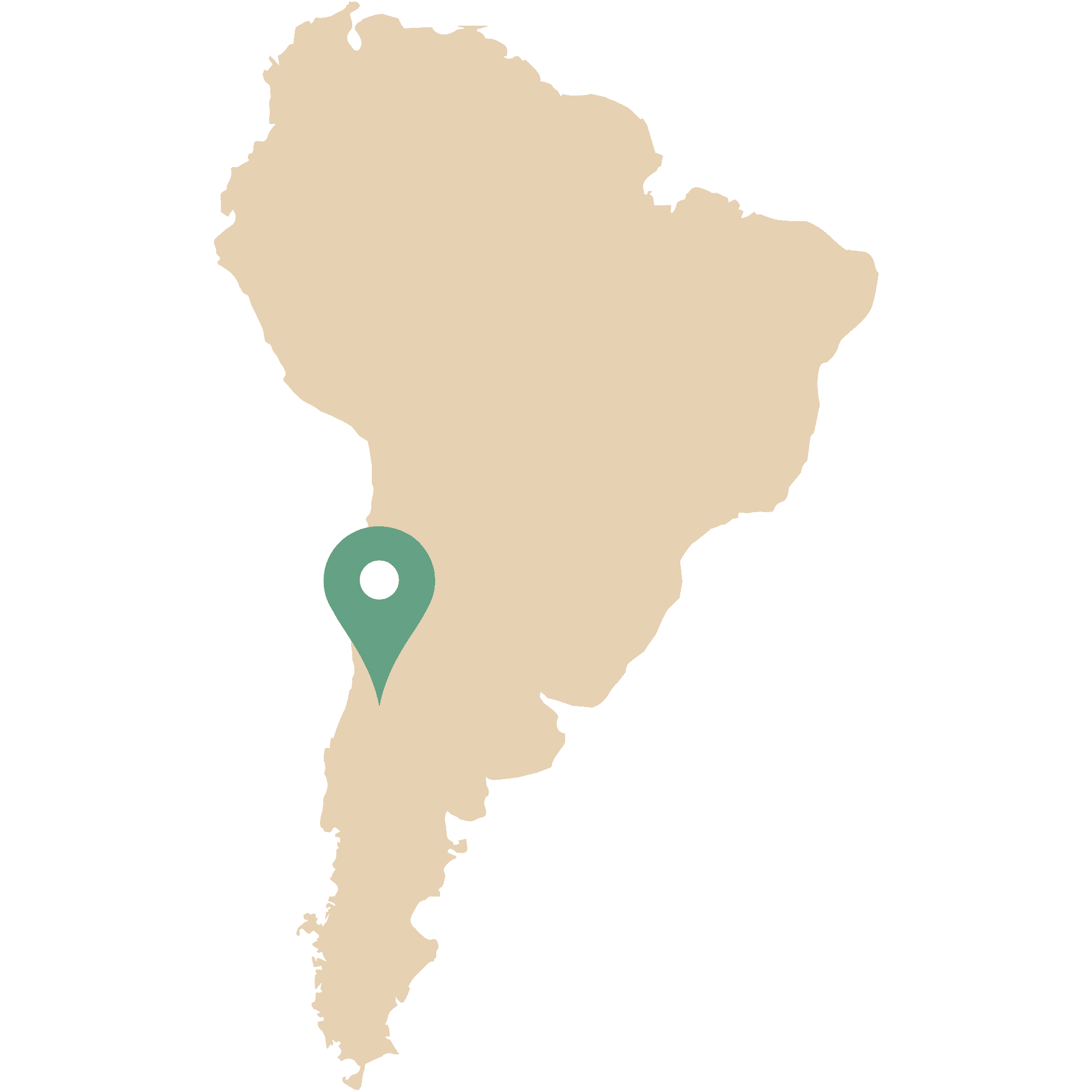
Collection & Sorting Credits
Santiago, Chile

All fiber types
Project Description
$0.65
per credit (1 kilogram)

Female-Founded
Circular Products

Recycling Credits
Santiago, Chile

All fiber types
Project Description
$0.75
per credit (1 kilogram)
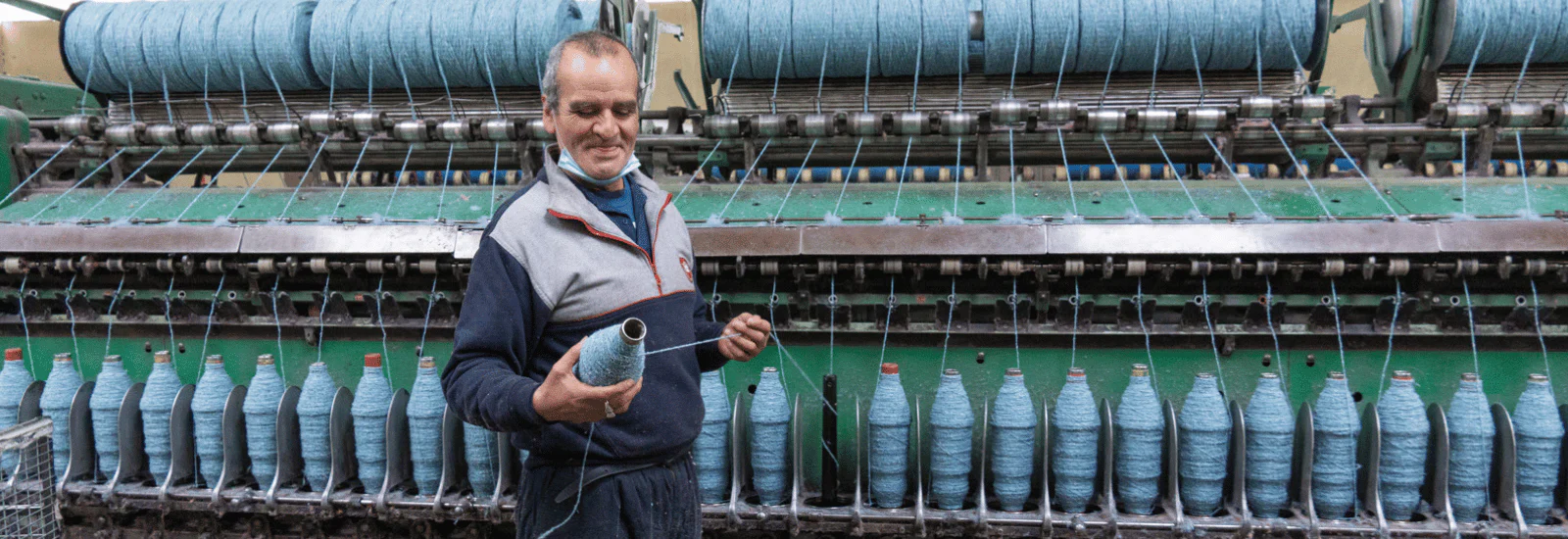
Fiber to Fiber
Circular Products

Recycling Credits
Santiago, Chile

All fiber types
Project Description
$1.96
per credit (1 kilogram)
Types of Credits
Fabricure's credits are categorised and priced according to activity. Fabric Credit values are determined based on a number of factors, including environmental benefits of the activity, social co-benefits, and cost of implementing the project.
Collection & Sorting Credits are generated from collecting used fabric from consumers, businesses, or landfills and sorting it into different categories based on its composition and condition.
Recycling Credits are generated by processing fabric that is no longer suitable for reuse into new products or the repurposing of this fabric for other uses.
Biogenic Credits represent the removal of fabric waste through the use of biogenic processes, such as the cultivation and utilisation of biological resources, including forests, crops, or soil.
What's a Fabric Credit?
A Fabric Credit represents the removal of 1 kilogram of fabric waste from the waste stream.


